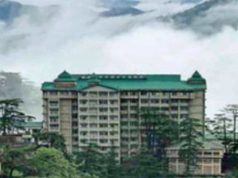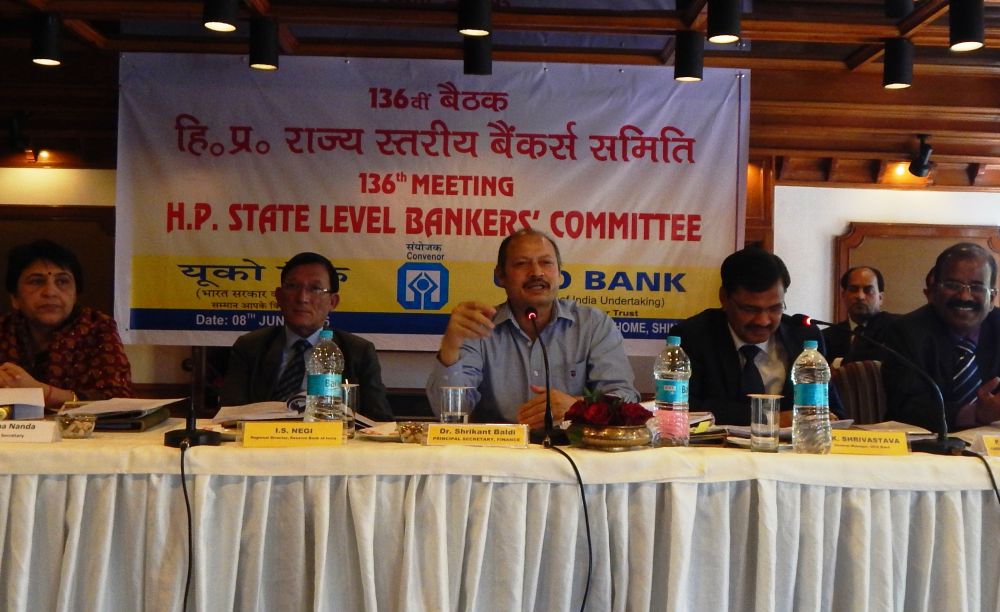In a significant legal manoeuvre, the Himachal Pradesh government has moved to quash criminal cases lodged against 30 current and former MLAs hailing from diverse political affiliations. This unprecedented development saw the state’s Home Department filing an application before the High Court, seeking permission to withdraw a total of 65 cases currently pending against these political leaders. While the case was initially scheduled for a hearing on Saturday, logistical constraints led to its postponement.
In its plea before the court, the Himachal government asserted that these cases were distributed across ten districts and contended that they had been registered primarily due to political animosity, rather than any substantial evidence of grave misconduct. The application underscored the government’s position that it was not advocating for immunity from serious crimes but rather aimed to rectify what it considered unwarranted legal proceedings. Importantly, the government emphasized that its intentions behind the application were driven solely by the interests of public policy and justice, with no ulterior motives to subvert due legal processes.
The application cited the Supreme Court’s directive in the case of Ashwini Kumar Upadhyay vs. Government of India, which called for the establishment of special courts dedicated to adjudicating criminal cases involving current and former MPs and MLAs. In compliance with this significant ruling, the High Court had previously instituted special courts with the specific mandate of expeditiously resolving cases registered against present and past MLAs and MPs.
According to the list submitted by the state government in the High Court, several prominent political figures have multiple cases against them. Sukhwinder Singh Sukhu faces three criminal cases, while Vikramaditya Singh and Anirudh Singh each have three and two cases registered against them, respectively. Additionally, Vikram Jaryal, Kuldeep Singh Rathore, Rakesh Singha, and Bhuvneshwar Gaur are among the other political leaders embroiled in these legal battles, with varying numbers of cases attributed to each of them.
The Himachal government’s move to address the legal entanglements of these political leaders raises pertinent questions about the intersection of politics and the judicial process. As the case unfolds, it will be closely monitored not only for its implications on the individual political careers of the accused but also for the broader implications it may hold for the state’s political landscape and the realm of justice.







